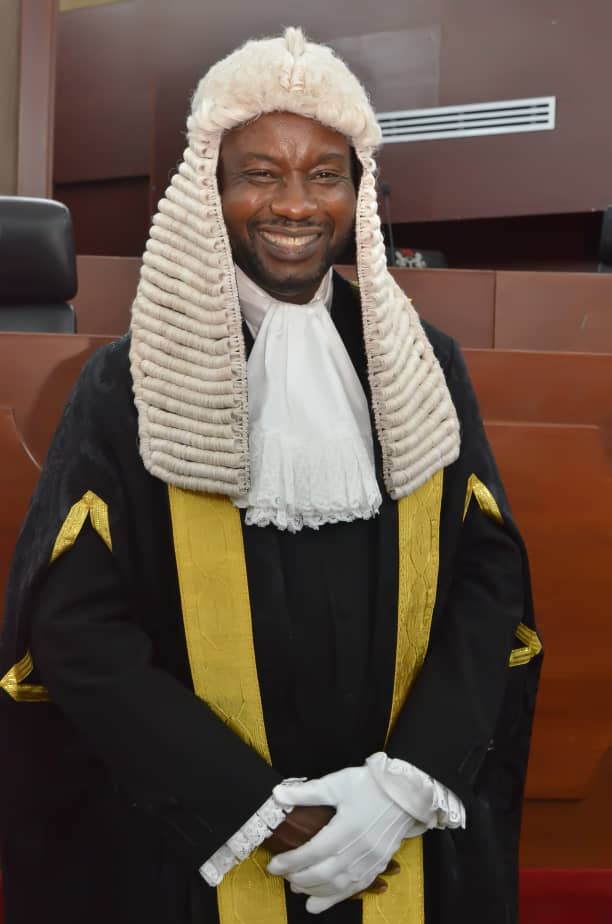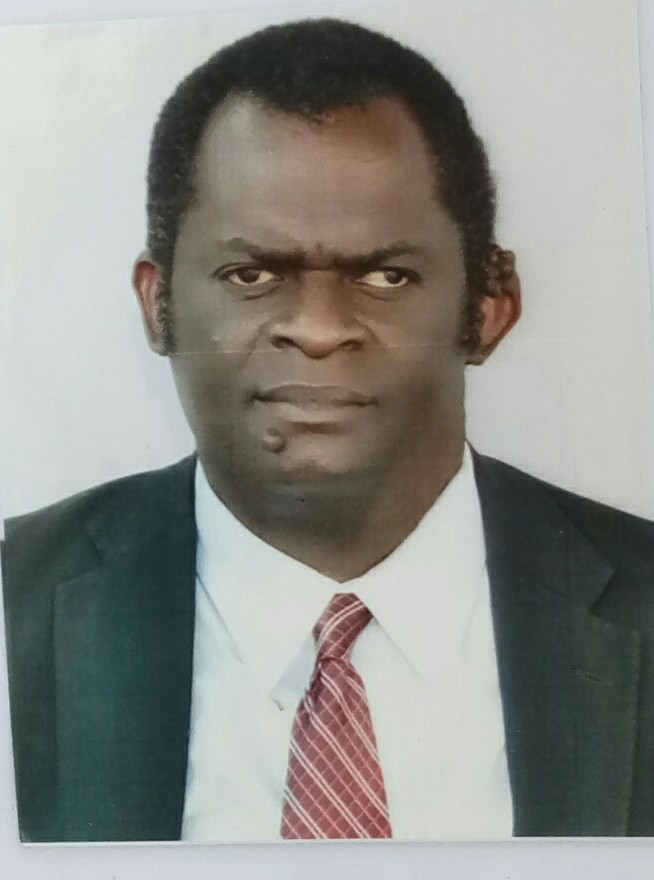The Centre for Democracy and Development (CDD) has called for a review of the powers of the office of the Chief Justice of Nigeria (CJN) to reflect a more collegiate approach among peers.
The Forum of Fellows of the CDD, in a statement jointly signed by Prof. Adele Jinadu, Prof. Jibrin Ibrahim and Prof. Okey Ibeanu, on Tuesday, and made available to newsmen in Abuja, also called for the review of powers of the state chief judges in relation to the state judiciary.
The statement is titled: “Resignation of the Chief Justice of Nigeria and the State of the Judiciary.”
The call followed controversies that trailed the resignation of the immediate-past CJN, Justice Tanko Mohammad.
According to the forum, the Chief Justice of Nigeria, Ibrahim Tanko Muhammad, resigned his appointment on 27thJune 2022 and the next in line, Olukayode Ariwoola, was sworn in the same day in an acting capacity, as is the practice.
“The manner of the resignation – voluntary or forced – and the reason for it – ill-health or cover up for corruption – have raised critical questions on the state of the judiciary.
“Even more important is the circumstances of the said resignation, the letter from his peers that was leaked to the media,” the statement said in part.
According to the forum, the powers of the Chief Justice of Nigeria are excessive within the Supreme Court and the National Judicial Council.
“The same is true of the state chief judges in relation to the state judiciary.
“These should be reviewed to reflect a more collegiate approach among peers.
“There is a very high level of corruption in our society which clearly has penetrated the judiciary and threatens to compromise the whole system of justice delivery.
“Many judges have become very cosy with politicians and prominent members of society, and no longer keep to the age-old principle of maintaining a healthy distance from political and social networks,” the forum said.
Against this backdrop, the forum called for the need to defend and protect the principle of separation of powers and the independence of the judiciary.
It said this should constitute a principal plank of advocacy by all democratic forces and organisations.
“The process of appointing judges at all levels, including the CJN, should be reviewed and made more open with a focus on competence and integrity.
“The excessive powers of the Chief Justice of Nigeria in the control of the Supreme Court and the National Judicial Council should be reviewed and transformed into a more collegiate system.
“The conditions of service of judicial officers, especially judges and magistrates at all levels, should be improved and their tenures properly guaranteed to insulate them from political and societal pressures and corrupting influences,” it concluded.




